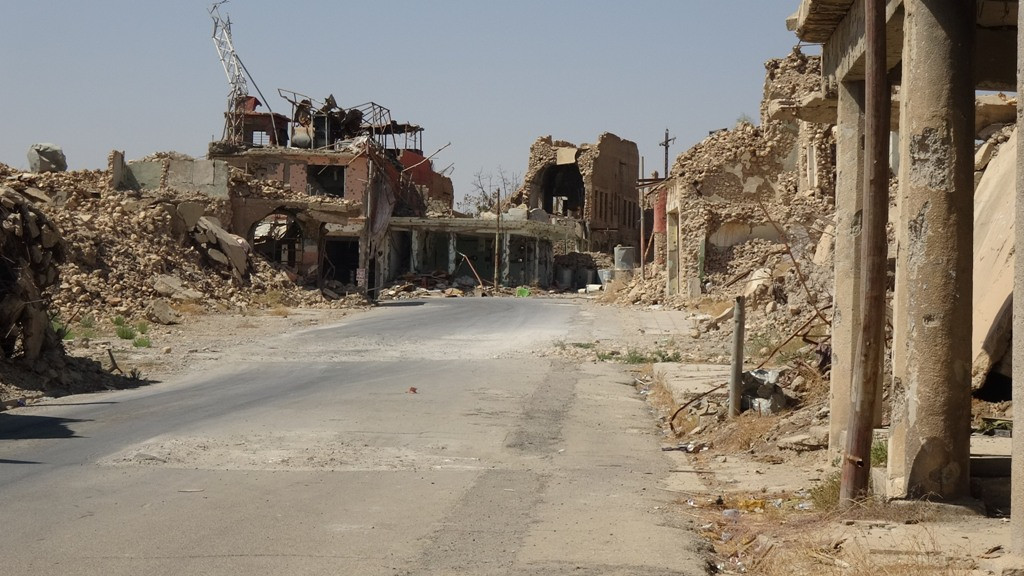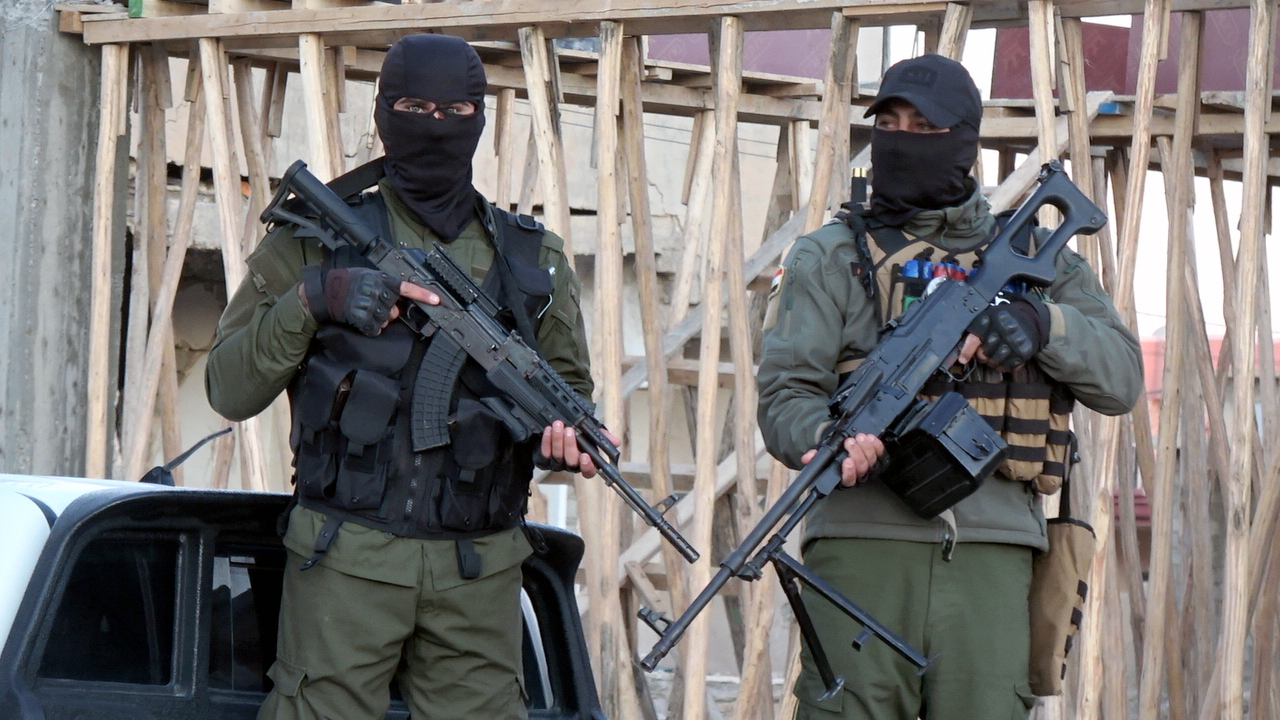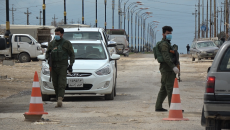Three months after its signing, none of the sections of the Erbil-Baghdad agreement on Shingal has been implemented.
The agreement between the Kurdistan Regional Government (KRG) and the Federal Government was penned on 1 October 2020 and meant to “return stability and normalising conditions in Shingal district." It consists of three main ‘aspects’: administration, security and repopulation.
According to an exploration by KirkukNow into the matter, none of the main sections of the agreements has been entirely implemented. For example, there is no formation of a new administrative council as stipulated in the first section.
Shingal still has two different mayors. One of them is Mahma Khaleel. He belongs to the Kurdistan Democratic Party (KDP) and resides in Duhok. The other is Fahd Hamid. He lives in Shingal and functions as acting mayor.
Fahd Hamid told KirkukNow: “Officially, no step has been taken to form a new administration, which is the first section of the agreement. Whenever attempts are made to implement it, we will not become an obstacle.”
There is no wide support from the agreement from the parties in Shingal. Several protests were staged against it in the past three months.
Ali Omar Ga’bo, a deputy of the governor of Nineveh, told KirkukNow: “It was agreed that by the end of 2020 the first section of the agreement would be implemented. The plan that was prepared by the Federal Government didn’t succeed.”
He added that nothing has changed in terms of administration.
The plan that was prepared by the Federal Government didn’t succeed
The agreement was made under the auspices of the UN, after years of administrative and security wrangling in the district.
In Shingal, there are at least seven different armed entities: the paramilitary Popular Mobilization Force (Hashd al-Sha’bi); Ezidkhan Asaiysh; Shingal Resistance Units (YBŞ); Internal Police; Iraqi army; Ezidkhan Peshmerga.
Major General Tahseen al-Khaffaji, the spokesman for the Iraqi Joint Operations Command, told KirkukNow that they have started the implementation of the agreement’s stages, especially in the security aspect, which he says will play a role in returning the IDPs and repopulating the district.
The second section of the agreement stipulates that the district’s security will be assigned to the Federal Police, the National Security and Intelligence agencies. It also stipulates the recruitment of 2500 from local residents to the ‘Internal Security Forces in Shingal.’.
But the district’s security has not been rearranged as stipulated in the agreement. Only a force of the Federal Police was deployed there on 19 November 2020, and they were stationed on the border areas instead of in the interior.
“No force from the Federal Police have entered Shingal [town]; they were deployed to the Iraq-Syria border, while they were supposed to be in charge of security,” Ga’bo, the deputy of the governor of Nineveh, said.
The Ezidkhan Asaiysh, which is part of the Shingal Resistance Units (YBŞ), refuse to leave Shingal town.
The Ezidkhan Asaiysh was formed after Shingal district was retaken from ISIS militants to secure the towns in the district; they number more than 1,000.

The third section of the agreement is about reconstruction in Shingal. Although several years have passed since Shingal was retaken from ISIS, most of the houses and the infrastructure still lay in ruins.
The lack of basic services and security are among the major obstacles that stand in the way of the return of the displaced Ezidis from Shingal, who constitute 30% of the total of 700,000 IDPs in Iraq’s Kurdistan Region.
According to Fahd Hamid, the acting mayor of Shingal, security is the basis for implementing the agreement. And that unless stability is not returned, the government will not be able to take other steps.
The Ezidi-majority district of Shingal is located about 120 km west of Mosul in Nineveh province. It is considered part of the disputed areas according to the Iraqi constitution.






